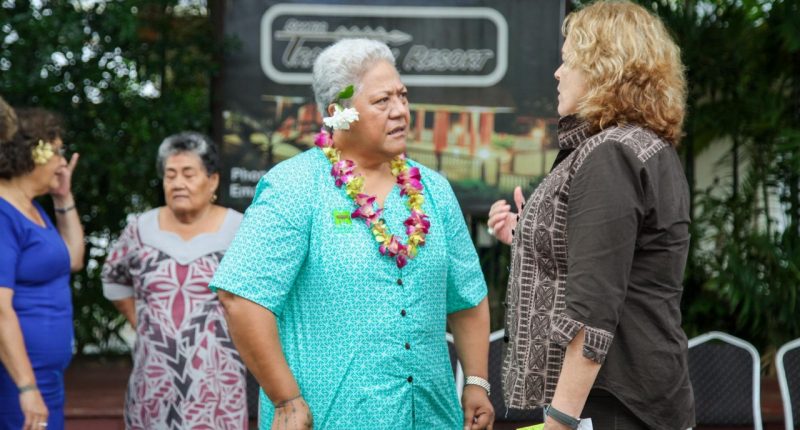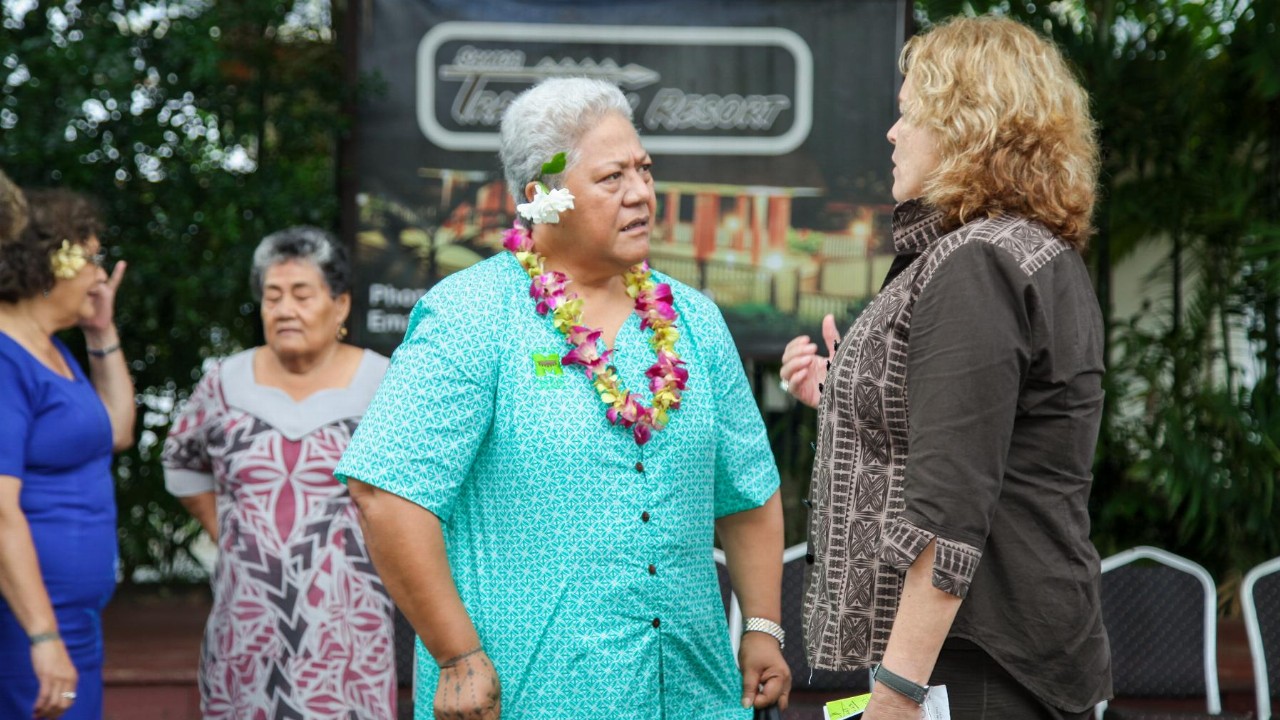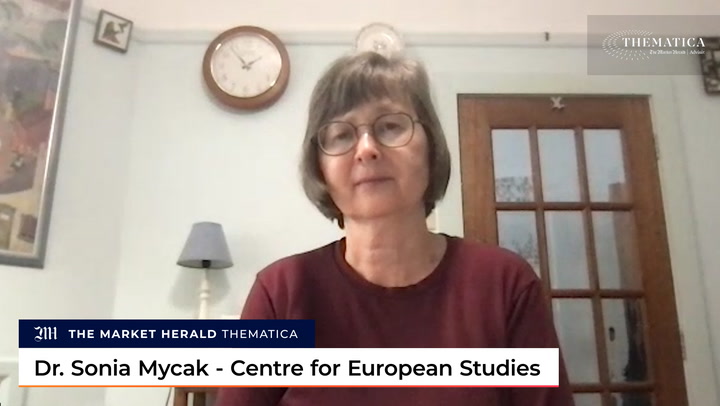- Australia’s Pacific neighbour Samoa is today voting in a general election between the world’s second-longest serving Prime Minister and a newly formed opposition led by his former Deputy
- In the last general election in 2016, incumbent Prime Minister Susuga Tuilaepa Sailele Malielegaoithe led the Human Rights Protection Party (HRPP) to win 44 of the 49 seats in the unicameral legislature
- Former Deputy Fiame Naomi Mata’afa, who left the government last year in opposition to new legislation she claimed eroded the rule of law, is leading the new Fiame’s Fa’atuatua i le Atua Samoa ua Tasi (FAST) party
Australia’s Pacific neighbour Samoa is today voting in a general election between the world’s second-longest serving Prime Minister and a newly formed opposition led by his former Deputy.
Prime Minister Susuga Tuilaepa Sailele Malielegaoithe has been at the helm of the nation of nearly 200,000 people — with minimal opposition — for 23 years. In the last general election in 2016, he led the Human Rights Protection Party (HRPP) to win 44 of the 49 seats in the unicameral legislature.
However, this election is shaping up to be different, with a newly formed political party on the block: Fiame’s Fa’atuatua i le Atua Samoa ua Tasi (FAST), meaning ‘faith in the one true god’, gaining significant support ahead of polling.
FAST was registered in July 2020, and founded by its Deputy Laauli Leuatea Schmidt. The party leader is Fiame Naomi Mata’afa, who last year walked away from the deputy prime ministership — and, after 36 years, the HRPP itself — in opposition to new legislation she claims erodes the rule of law.
Fiame was one of only four members of parliament to vote against the Constitution Amendment Bill 2020, Land and Titles Court Bill 2020 and Judicature Bill 2020, which amended the constitution and elevated the Land and Title Court to an effective fourth arm of government.
At the age of 18, Fiame’s father and the nation’s first Prime Minister following independence from New Zealand in 1963 died. She had to head to the Land and Title Court to fight to inherit his titles.
Samoa’s legislature, called the Fono, is heavily influenced by the traditional Matai (Chief) system, with the right to vie for one of 51 seats – under recently redrawn electoral boundaries – reserved for titleholders.
This prerogative has precluded vast swaths of the population from running for election, disproportionately ruling out women. However, in the last election, a quota was introduced for the first time, reserving 10 per cent of seats for female candidates.
Fast forward to today, Samoans are voting between 189 candidates, 105 from the HRPP, 52 from the FAST coalition, 14 from the Tatua Samoa Party, which won two seats in the last election, and five from the Samoa First Party.
The results will determine whether Samoa’s second Prime Minister since independence, soon-to-be 76-year-old Malielegaoithe, leads the nation for another five years, or whether Samoa sees its first-ever female Prime Minister. It will also determine the balance of power in the Fono and whether legislation can be pushed through unopposed.








